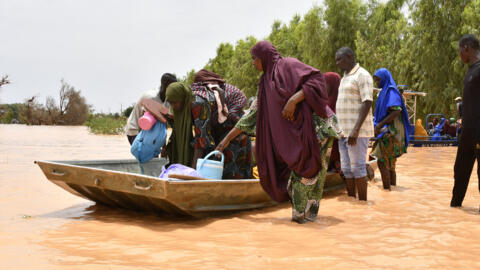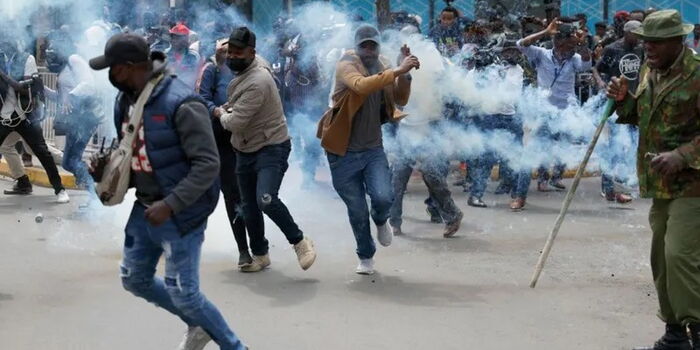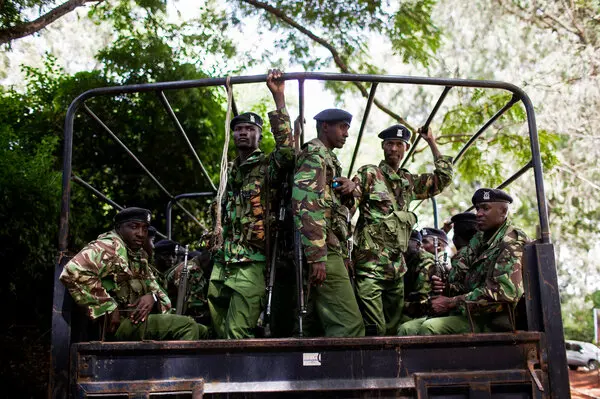In the village of N’Dounga Tarey, about fifteen kilometers from Niamey, the aftermath of the heavy rains recorded a week ago is still visible.
The houses have turned into ruins of collapsed buildings. Idrissa Issoufou Souley, a resident of the village, gazes upon the damage caused by the downpour.
“In N’Dounga Tarey, we had more than 12 houses collapse due to the heavy rain. We did not suffer any loss of life, but there were material damages such as houses, millet fields, and rice fields,” said Idrissa Issoufou Souley, a resident of N’Dounga Tarey.
“Since Sunday, all routes have been cut off, including all supply routes because the Niamey depot is on the Sorey plateau. At Sorey Ganda, the water submerged the bridge, and there was no passage. It is a case of force majeure, and Sonidep did not sit idle in trying to supply the country,” said Maazou Aboubacar Oumani, the Commercial Director of SONIDEP.
There are rushes at the gas stations that still have fuel, and people have to push through to get some. Fuel has been unavailable for four days.
“Since 1 p.m., I haven’t had any fuel. I am forced to park my vehicle. We ask the government to find a way to get us fuel. We are suffering,” said Chamsou Moussa Oumarou, a taxi driver.
The authorities were forced to restore this route a few hours ago to resupply the capital.
“It is a relief for the entire population of Kollo and Niamey. Traffic was interrupted for more than a week, and we truly lived through it. The population lived through it. Everything was blocked between Niamey and Kollo, no passage, no way out. With the heavy rains, we lived through it,” said Aissatou Harouna Faran Maiga, the mayor of Kollo town.
Since last June, floods have caused nearly 200 deaths in Niger and significant material damage. These heavy rains have also led to a shortage of certain goods following the deterioration of roads.
Source: Africanews





